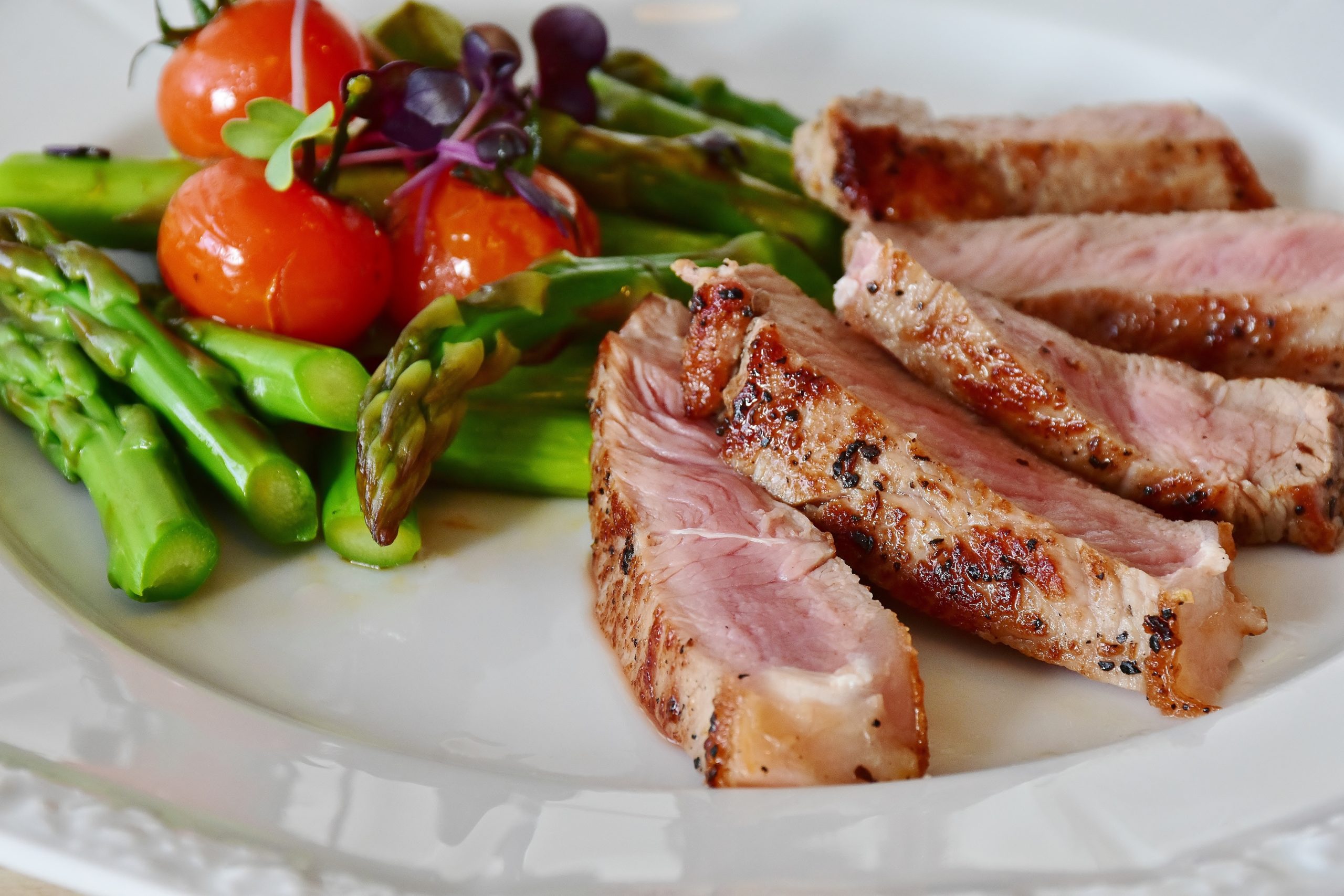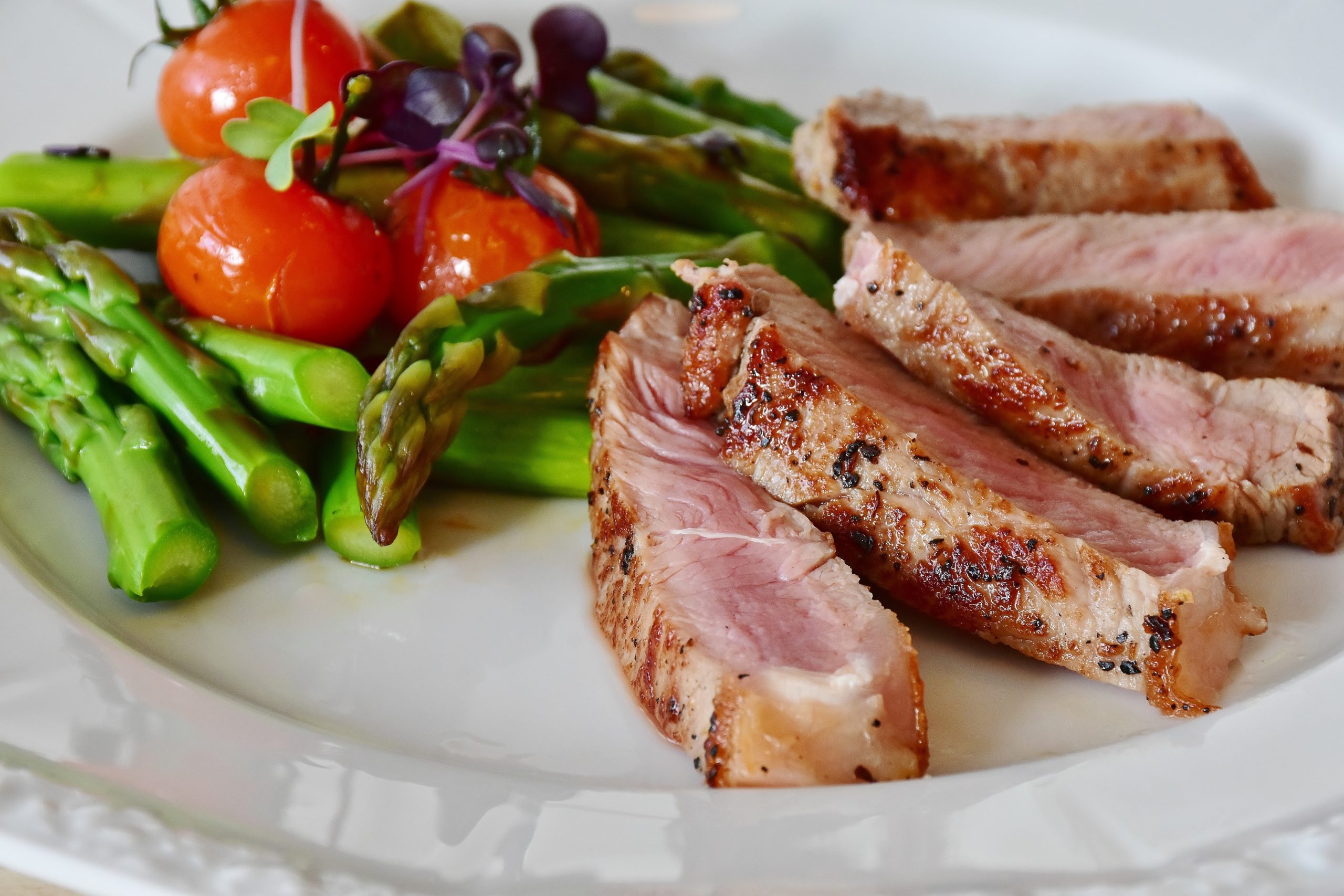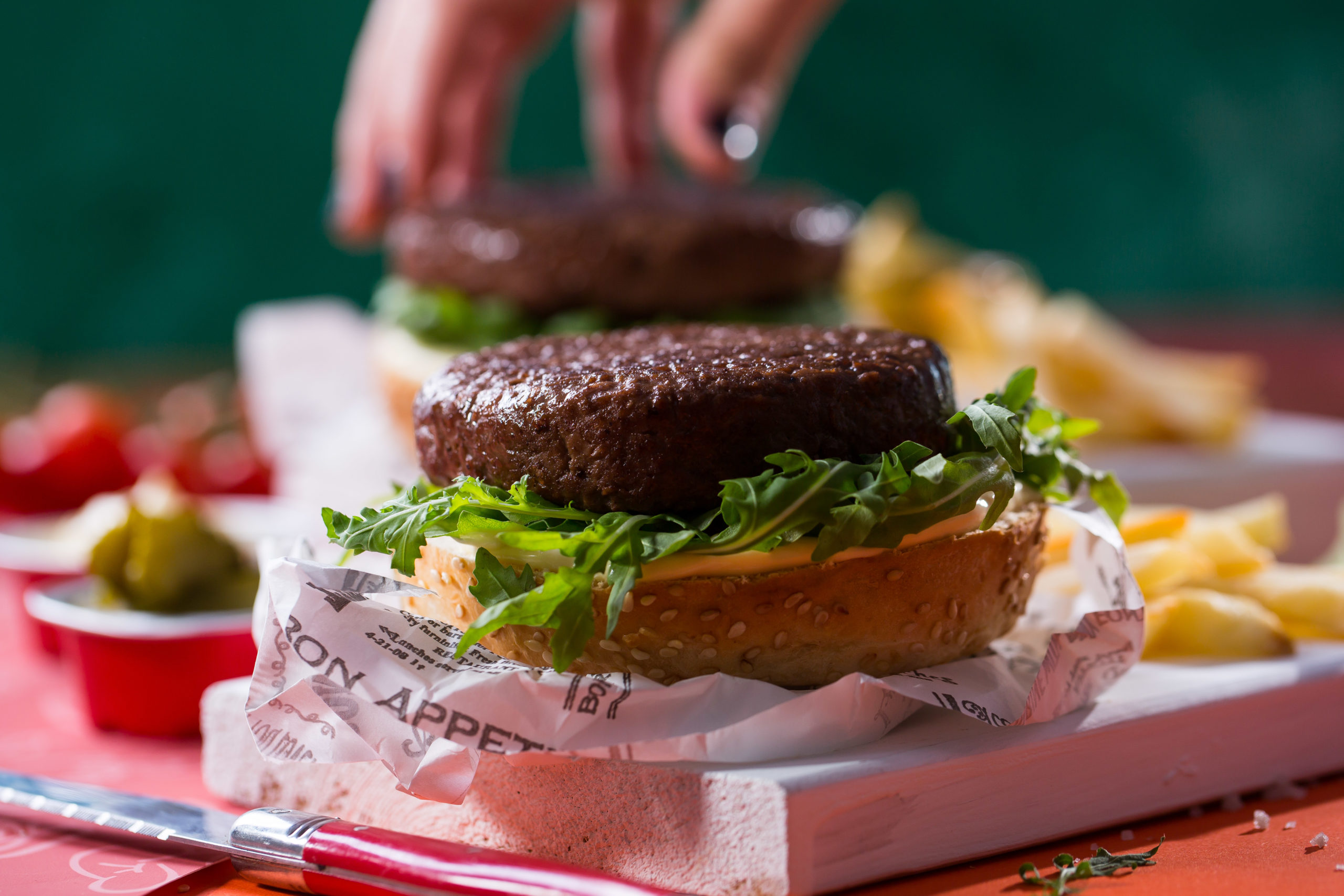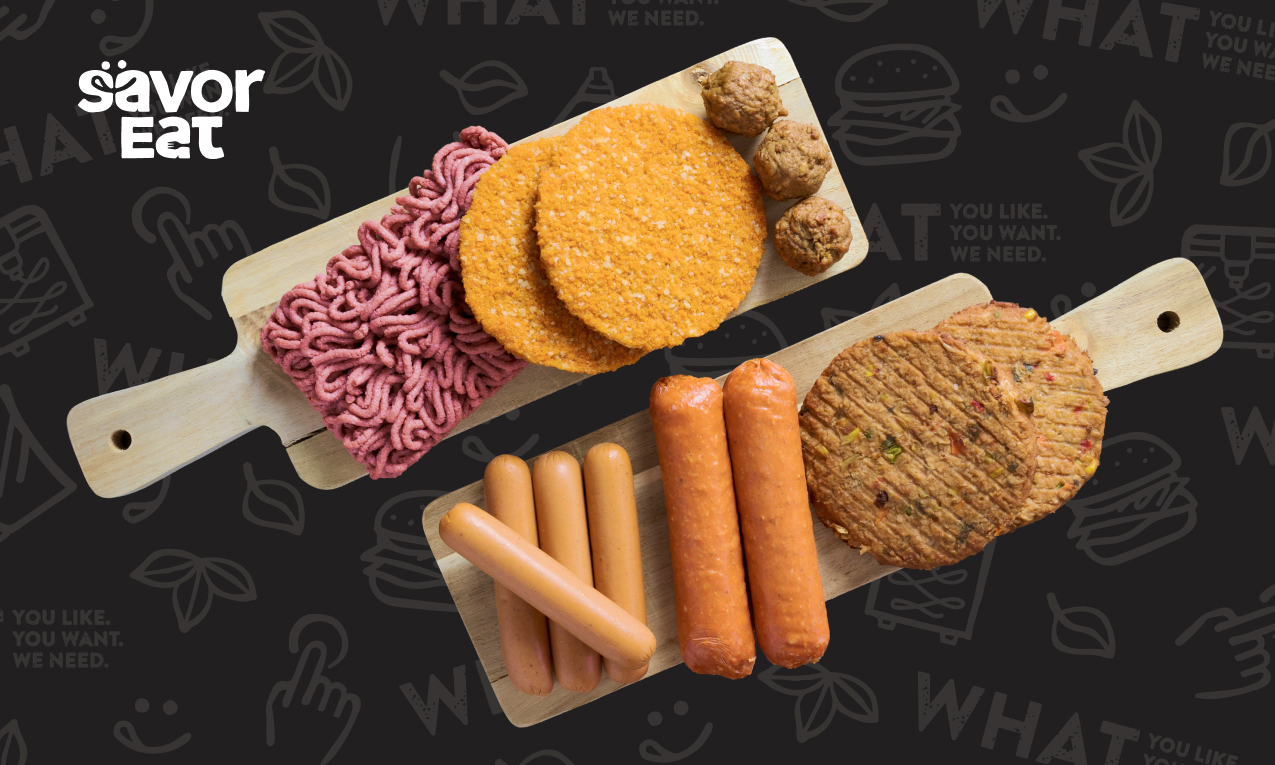Can Personalized Nutrition Usher in the Next Wave of Demand for Meat Alternatives?
The rise of Plant-Based diets has been one of the defining trends of the past decade. In what once was a seemingly unstoppable and sizzling industry, demand for alternative meats has been waning as of late.
Some say the slowdown in sales is a product of food inflation, as consumers trade pricier plant-based meat for less-expensive animal meat. But others wonder whether the companies have simply reached the maximum number of consumers willing to try or repeatedly purchase faux burgers and sausages.


What started as a niche movement has gone mainstream, with more and more people looking to reduce their meat consumption for health, environmental, and ethical reasons.
However, if the alternative meat industry is to fulfill its potential, it will need to move beyond its current offerings. The first generation of plant-based meats was focused on replicating the taste and texture of animal-based meats. The second generation is about making these products more affordable and accessible. The next phase – Personalized Nutrition – is about making plant-based meats that are tailored to the individual. The field of personalized nutrition continues to surge, and is expected to reach $23.3 billion by 2027. This growth can in part be attributed to a rising geriatric population, and the growing abundance of personalized nutrition apps and diagnostic tools.
Personalized meat alternative offerings could be poised to usher in the next wave of demand among meat alternatives; enabling consumers to tailor levels of vitamins, proteins, fats, doneness, fibers and more – ensuring that satisfaction and repurchase rates are sustainable. The days of the one-size-fits-all approach to meat alternatives appear to be shorter-lived than one may have previously thought.
Personalized Nutrition Meets 3D-Printed Meat Alternatives
Personalized nutrition is rising rapidly in the field of research. Advances in technology and in 3D printing, coupled with further knowledge of the human microbiome and genetic code, have set the stage for personalization as applied to meat alternatives.
Food printing permits customization, allowing for variation in the proper amount of vitamins, fats, carbohydrates, proteins, and different vitamins as desired for the specific individual.
Together with AI, 3D-printed meats may be further enhanced. For example, in vitamins, a patient’s vitals, like sugar stage or diet deficiency levels, may be immediately related to the system to provide the most nutritionally-optimal meat alternatives.
“At SavorEat we leverage 3D-printing technology, coupled with digital manufacturing and artificial intelligence in our Plant-Based Robot Chef, to personalize Plant-Based patties precisely to consumers’ preferences,” explains Shai Sultan, VP R&D of SavorEat. “We leverage state-of-the-art robotic XYZ motion together with a unique material dispensing unit, which lets us precisely control the size and shape of our Plant-Based products – at the micron level. This specialized tech lets us control shape, size, fat, and protein level according to user preferences, and pushes us to the cutting-edge of food technology,” he added.

Plant-Based, Personalized Nutrition, Perfected.
So imagine you head to your favorite, local fast-casual restaurant or you’re on your lunch break at the high-tech corporate office you work at. You encounter a digital kiosk that lets you select the type of plant-based protein alternative you want from the digital menu – be it plant-based shrimp, plant-based burger, plant-based sausage breakfast patty or plant-based turkey burger. You make your selection, then you’re asked to choose your desired level of protein (perhaps you’re feeling sporty and want more protein in your patty), fat level (perhaps you’re looking to cut down on fats), level of doneness (purely for flavor, you may be looking for a juicier mouthfeel), fiber level (you may be looking to boost the level of fiber in your diet). You complete these selections and within minutes – a protein-rich, low-fat, fiber-rich, juicy plant-based burger is digitally created and cooked just for you, just as you like. This is the degree of personalized experience that the SavorEat platform was designed and developed to provide. You benefit because you’re more likely to enjoy your meal since it’s tailor-made. The food service provider benefits because you’re more likely to be satisfied, and more likely to both return and refer.
This is the restaurant of the future. And it’s already becoming a reality. The power is now in your hands.





